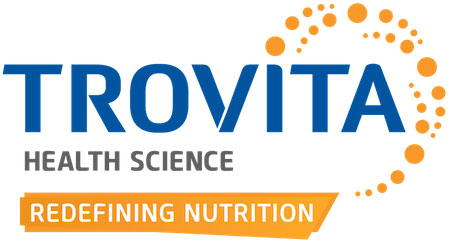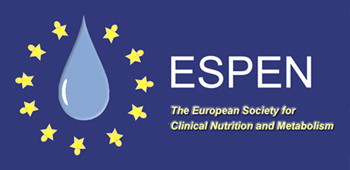Decreased food intake is a risk factor for mortality in hospitalised patients: The NutritionDay survey 2006
M. Hiesmayr a, *, K. Schindler b, E. Pernicka c, C. Schuh d, A. Schoeniger-Hekele a, P. Bauer c, A. Laviano e, A.D. Lovell f, M. Mouhieddine a, T. Schuetz g, S.M. Schneider h, P. Singer i, C. Pichard j, P. Howard k,
C. Jonkers l, I. Grecu m, O. Ljungqvist n, The NutritionDay Audit Teamo
Summary
Background & aims: Malnutrition is a known risk factor for the development of complications in hos- pitalised patients. We determined whether eating only fractions of the meals served is an independent risk factor for mortality.
Methods: The NutritionDay is a multinational one-day cross-sectional survey of nutritional factors and food intake in 16,290 adult hospitalised patients on January 19th 2006. The effect of food intake and nutritional factors on death in hospital within 30 days was assessed in a competing risk analysis. Results: More than half of the patients did not eat their full meal provided by the hospital. Decreased food intake on NutritionDay or during the previous week was associated with an increased risk of dying, even after adjustment for various patient and disease related factors. Adjusted hazard ratio for dying when eating about a quarter of the meal on NutritionDay was 2.10 (1.53–2.89); when eating nothing 3.02 (2.11–4.32). More than half of the patients who ate less than a quarter of their meal did not receive artificial nutrition support. Only 25% patients eating nothing at lunch receive artificial nutrition support. Conclusion: Many hospitalised patients in European hospitals eat less food than provided as regular meal. This decreased food intake represents an independent risk factor for hospital mortality.
2009 Elsevier Ltd and European Society for Clinical Nutrition and Metabolism. All rights reserved.




